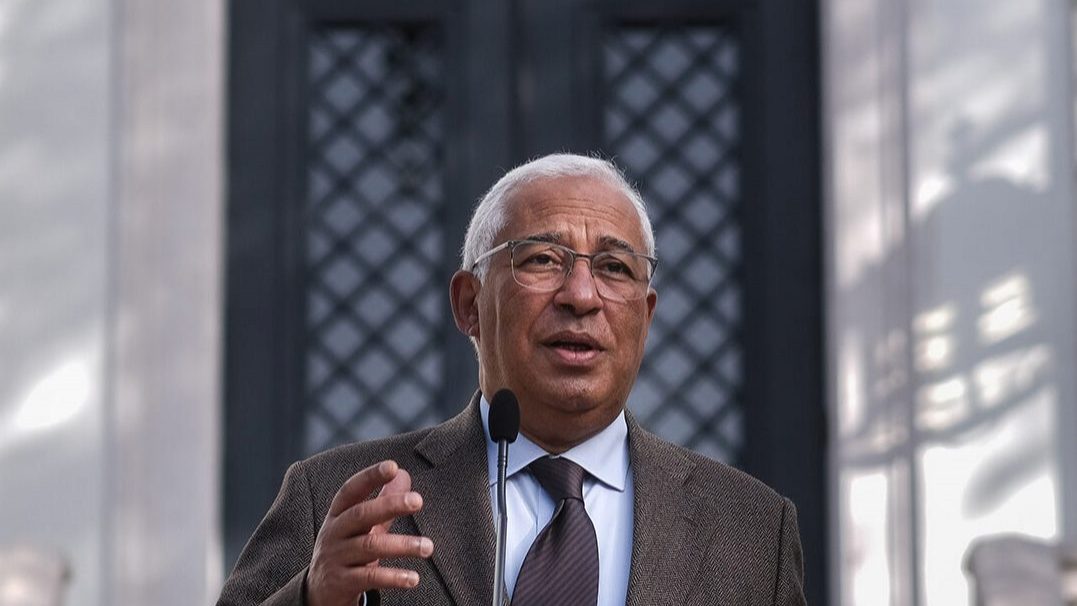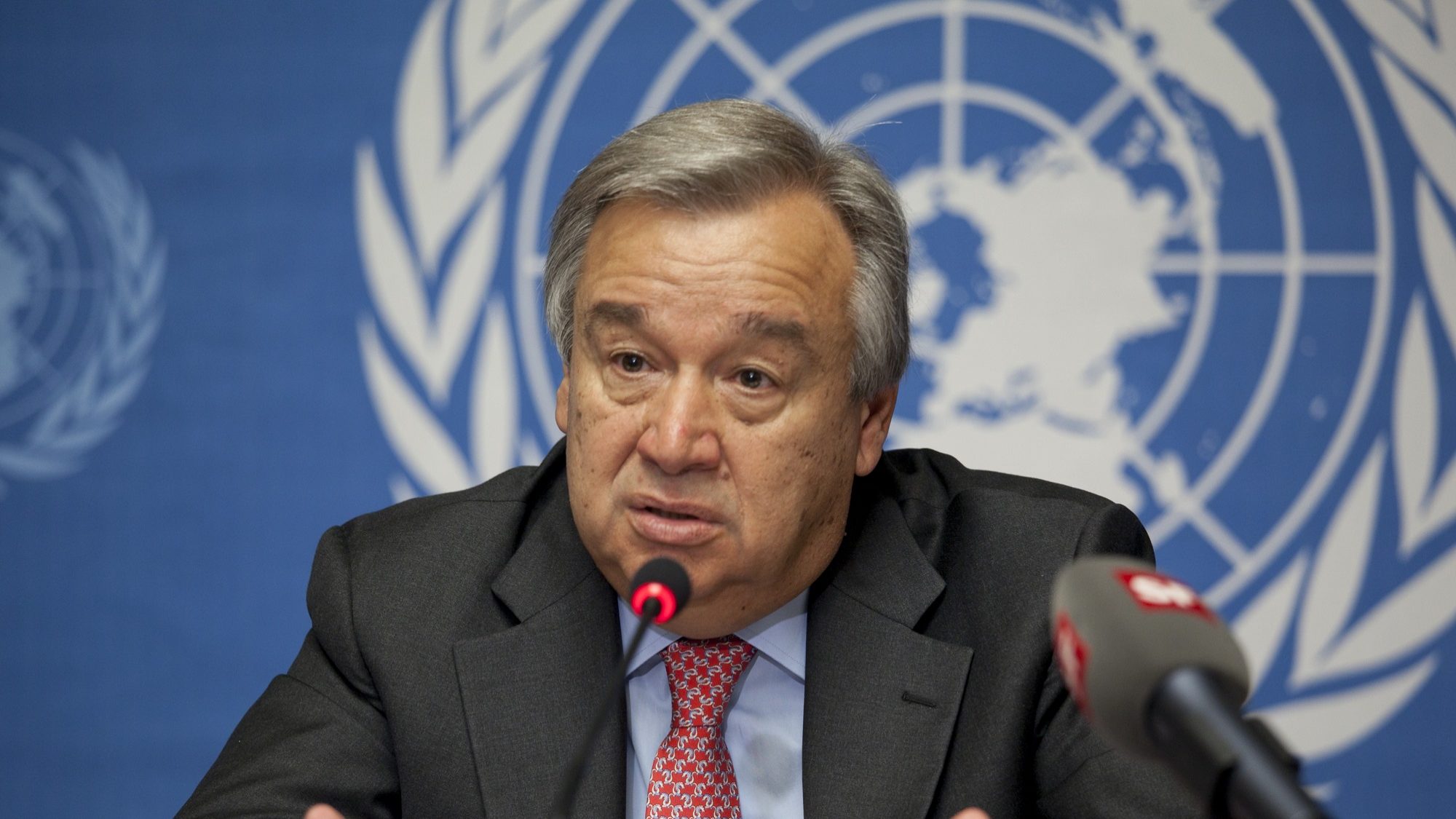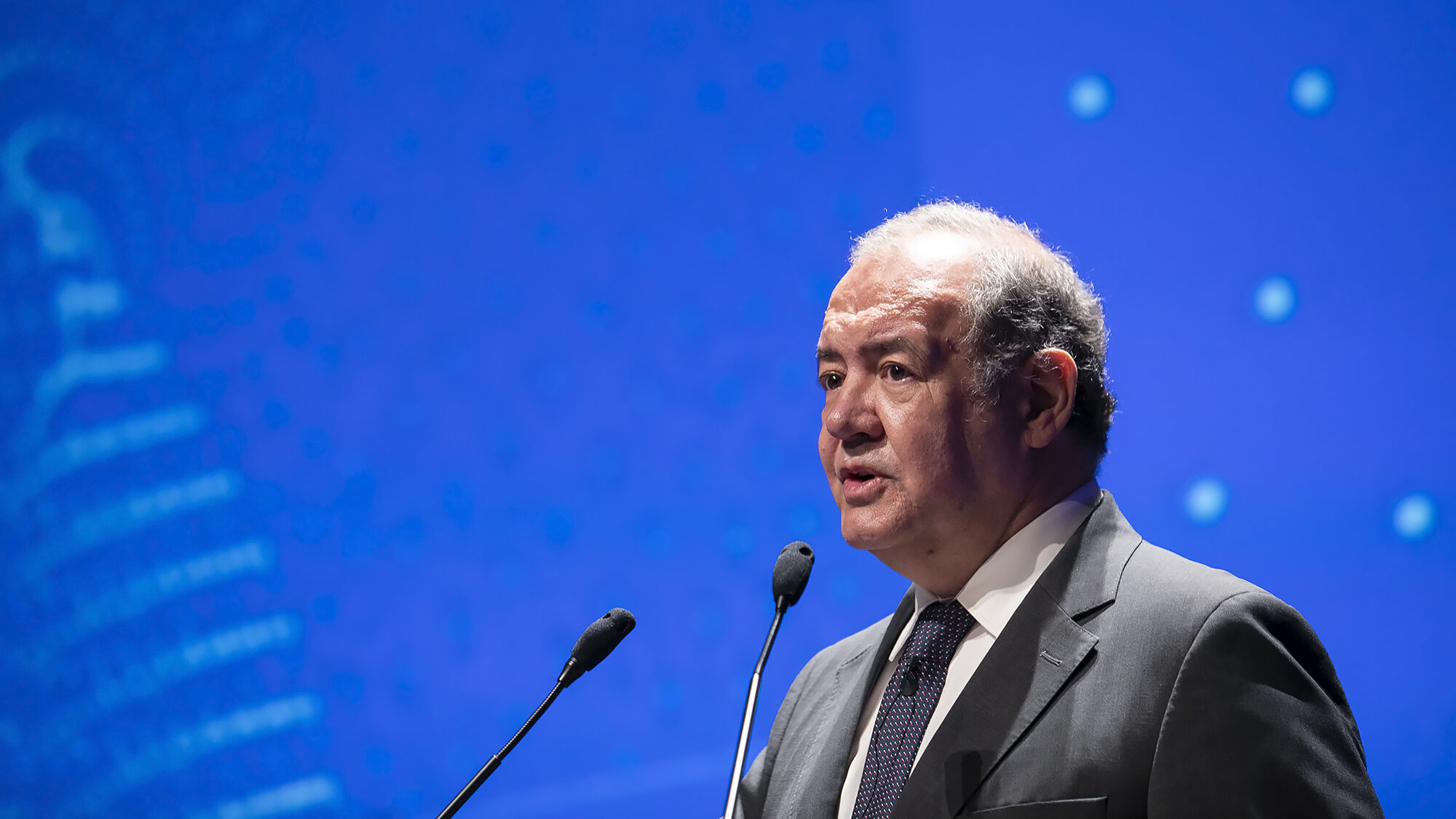Oil sector willing to talk to government on taxing windfall profits
The Portuguese Association of Oil Companies (Apetro) announced that it was "willing to talk" with Costa's government about taxing extraordinary profits in the sector but seeking "balanced solutions".
The Portuguese Association of Oil Companies (Apetro) said on Friday it was “willing to talk” with the government about taxing extraordinary profits in the sector but seeking “balanced solutions” and adapted to Portugal, to avoid “perverse effects” in the future.
“It is not a pure and simple, outright rejection. It is also not an unconditional acceptance of the principle. It is an idea about which we are willing to talk, to collaborate and to seek solutions that are balanced and that can reconcile this social concern – which is perfectly justified in the times of crisis we are experiencing – with not creating anything that will have perverse effects in the future, given the additional burden that will be created on these companies, “said the secretary general of Apetro in statements to the Lusa agency.
According to António Comprido, this was the position taken by the oil industry at European level, through the FuelEurope association: which “understands the principle and the social scope of the measure”, but “considers that it should be discussed with the sectors involved, in order to avoid perverse effects”. “As mentioned by the [Portuguese Economy] minister himself, António Costa Silva,” he noted.
Although it has not yet had “any conversation” on this subject with the Portuguese Government, the association thus states that it is available for dialogue: “We have not been approached, but we hope to be, in due course if the Portuguese Government – which says it is still studying the matter – decides to move forward. At that time, we hope that they will have the good sense to consult the sector,” he maintained.
As “perverse effects” of the possible taxation of excessive profits of the sector, the leader points out, namely, those that “have to do with competitiveness and the ability of companies to maintain their operations, maintain their investment programs and focus on energy transition”.
The aim is to prevent that “unforeseen consequences end up transforming what would be a good measure, into a measure with negative effects,” he emphasized.
From the outset, Apetro disagrees with the reference period for calculating extraordinary profits suggested by the European Commission in the proposal presented on Wednesday – the three years between 2019 and 2021 – arguing that this “is one of the aspects that should be refined and discussed.
“In principle, it does not seem reasonable to us that, in order to calculate excessive profits, the results of 2022 are compared with the results of the three-year period 2019-2021, when in that three-year period we have a year of deep crisis, which is 2020, and a year of beginning of recovery, which is 2021,” argues António Comprido, stressing that “these years are not representative of what the normal activity and normal profits of the sector are”.
According to him, “we must start by defining in a very clear manner what are excessive profits, namely what is the reference used to calculate excessive profits”, being “clear that one cannot take the year of the pandemic to make the comparison, it makes no sense”.
“We have to look for a period that reflects some normality in the functioning of the sector,” he stresses.
On the other hand, and “as the minister [António Costa Silva] also mentioned,” Apetro’s secretary-general warns that one must take into account that “the fiscal situation in each country is very different.
“We cannot forget that, in Portugal, we already have an extraordinary contribution on the energy sector, which was extraordinary and for a limited period (it was imposed during the ‘troika’ period), but it is still in force. And we also have a corporate income tax surcharge that, somehow, additionally taxes companies with higher turnover and, consequently, also with higher absolute profits (it does not mean in relative terms),” he detailed.
In this context, António Comprido reiterates that “all these specific features will have to be duly considered, member state by member state, in order to verify the best way to implement the European Commission’s recommendation”, which aims to tax at least 33% fossil energy companies (oil, gas, coal, refining) whose profits in fiscal year 2022 exceed by at least 20% those obtained in the previous three years.
Stressing that “the minister [of the economy] is a man who knows the industry and, therefore, is sensitive and, himself, drew attention to the fact that this is a subject that has to be treated very carefully”. The Apetro leader said that the association “hopes to be contacted if, perhaps, the government decides to move forward.”
“But it’s also not yet clear that it will move forward, because it hasn’t yet said so. This is not an obligation imposed by the European Commission, it’s a recommendation made to member states to eventually move in that direction. Now it will be up to each one,” he concluded.


